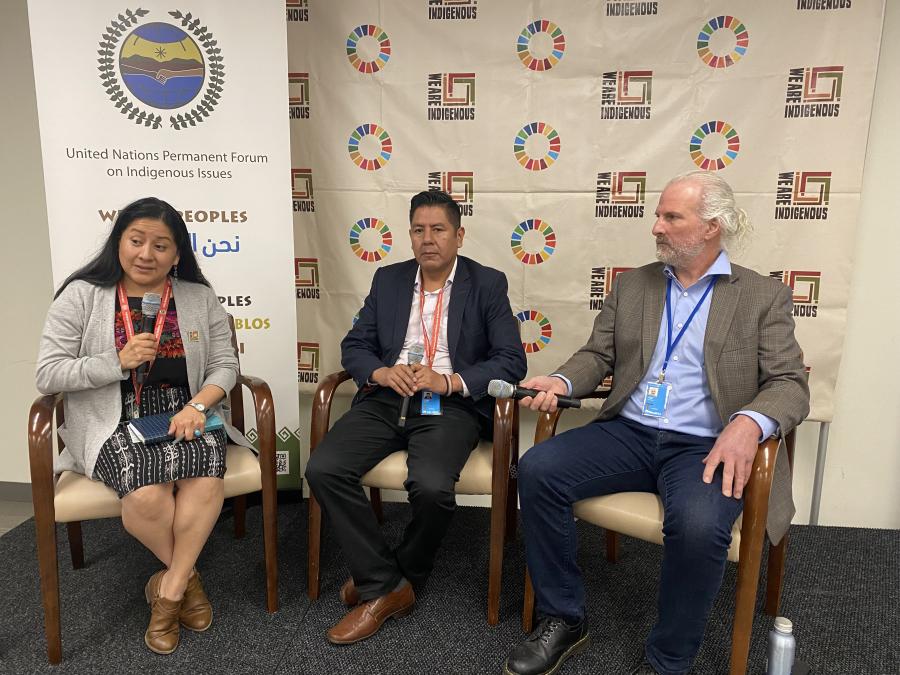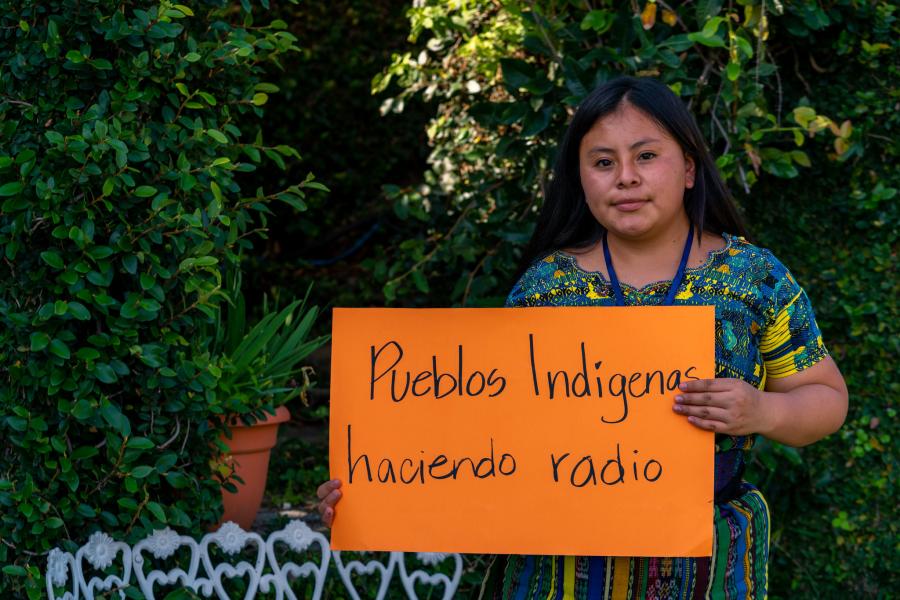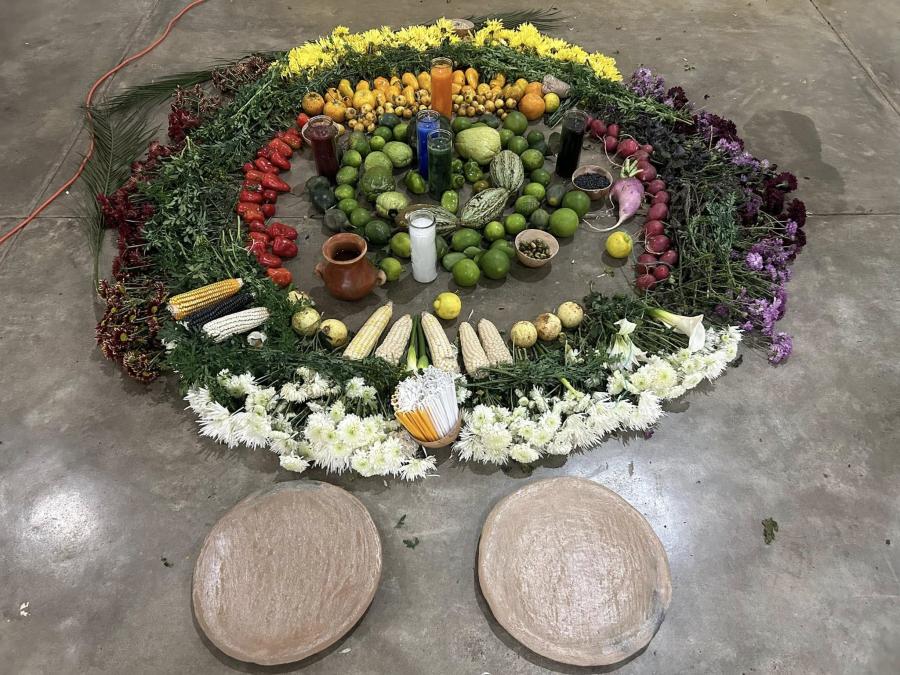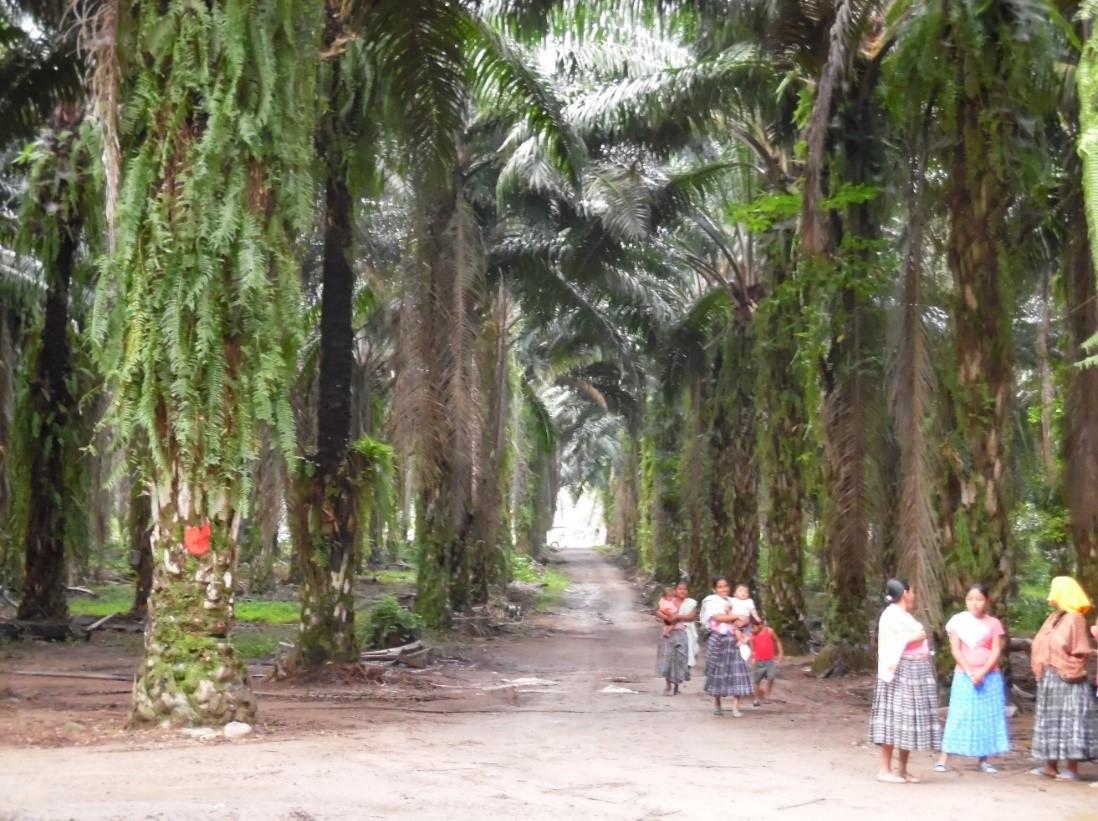
Since September 4, 2019, 22 municipalities in Eastern Guatemala have been militarized by right-wing president Jimmy Morales after declaring a “state of siege” or martial law in the largely Indigenous region of the country, for a minimum period of 30 days. A state of siege suspends civil rights including freedom of action, freedom of movement, right to assembly and demonstration, carrying of arms, and supports legal detentions and interrogations of detainees and prisoners, putting at risk the freedom, security, life and peace of the inhabitants of the affected areas. Restrictions apply to all those living in Izabal and in the municipalities of Tactic, Senahú, Tamahú, La Tinta, Tucurú, Cahabón, Panzós, Chahal and Fray Bartolomé de las Casas, Alta Verapaz; Río Hondo, Teculután, Gualán and Usumatlán, Zacapa; San Agustín Acasaguastlán and San Cristóbal Acasaguastlán, El Progreso, Purulhá, Baja Verapaz, and San Luis, Petén.
The state of siege was declared after three military members were ambushed and killed during rounds to monitor drug trafficking activities in the area on September 3. However, a large part of the municipalities included in the state of siege are ancestral and current territories of the Maya Q’eqchí, Poqomchi’ and Garífuna Peoples, who have been organizing and resisting in defense of their territories and natural resources against exploitation. Community leaders believe the executive branch has used the incident to criminalize and control Indigenous community organizing and freedom of expression.
In El Estor, the persecution of the civilian population has recently intensified in response to community members opposing mining extraction and African palm plantations without their Free, Prior and Informed Consent. Community leaders and community media journalists are under threat and are being criminalized as a result of their work to organize and inform their audiences on the risks and human rights violations related to these development activities.
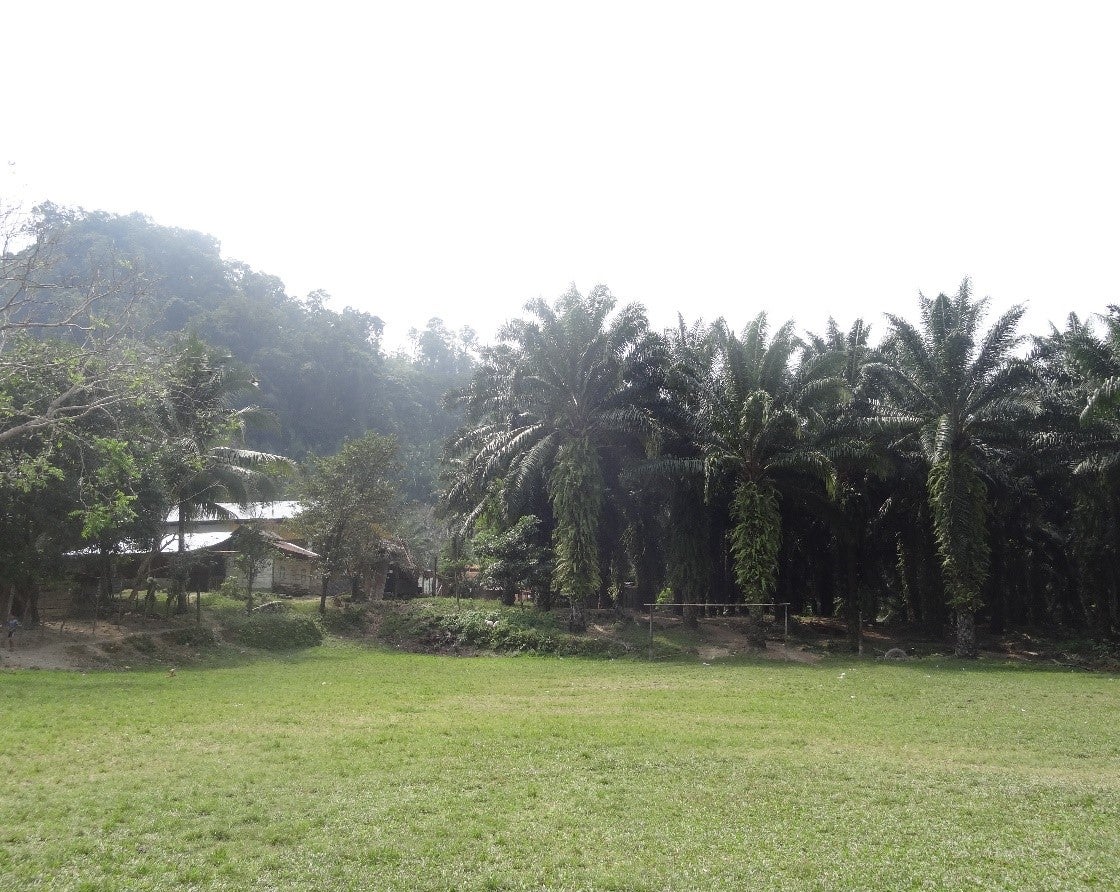
In a press conference shared via video, members of community radio station Radio Comunitaria Nakoj, alongside other members of the community radio movement in Guatemala, announced,
“We reject that since 24th of July, unidentified people from Public Prosecutor's Office have been arriving to photograph and ask questions about personnel at Radio Nakoj, gathering necessary information to justify a raid on our station. This is a threat meant to intimidate us and is a violation of our right to freedom of expression, guaranteed to us by the constitution, international treaties and conventions, and the Guatemalan Peace Accords.” Since the state siege, two community radio stations in the area have shut down operations for fear of reprisal.
Independent media Prensa Comunitaria reported that their journalists Baudilio Choc Mac and Rony Morales Tot were not allowed to interview community leaders without being accompanied by the army.
In addition to the three members of the Guatemalan military who were killed, other victims include two campesinos, an elder man and woman, who suffered injuries while caught in the crossfire during the ambush and were brought to a nearby hospital, as well as Agustín Chub Chub, a victim of apparent suicide after he was accused on social media of involvement in the death of the soldiers. The accuser, Ricardo Méndez Ruiz, is a right-wing columnist who has previously been censured by the Human Rights Ombudsman in Guatemala for hate speech against human rights defenders.
Cultural Survival supports Indigenous and social organizations that express their rejection of the state of siege and the militarization in their region. We also denounce the suspension of human rights, which can lead to more criminalization of leaders, detentions, false criminal charges and evictions of communities. Militarization disproportionately affects Indigenous communities, civil society, social organizations, community leaders, community media and journalists rather than the criminals it is meant to deter. For survivors of the Guatemalan civil war, militarization invokes the trauma of past experiences of brutal massacres, rape, and terror inflicted on the communities by the Guatemalan military.
Community radio and alternative media are the only spaces that communities have to report to the broader public on what is happening, given the pro-business, pro-government bias of corporate media monopoly. The lack of legal recognition for community broadcasting endangers the freedom of expression of the Indigenous communities by limiting their rights established in article 35 of the Guatemalan Constitution.
Cultural Survival reiterates its commitment to uphold the human rights of Indigenous Peoples, the integrity and security of women and children in the communities under siege, and stands in solidarity with the families affected by this violence.
We urge the government of Guatemala to do the following:
- Repeal of the State of Siege imposed in 22 municipalities in the northeast of the country in government decree number 1-2019;
- Carry out rigorous investigations to find the whereabouts of those responsible for the killings and punish the perpetrators;
- Uphold the right of freedom of expression of Indigenous Peoples, guaranteeing the use of community radio, tv and other platforms;
- Fulfill its commitment to Indigenous Peoples with the Peace Accords signed in 1996; and,
- That the Attorney General for Human Rights be vigilant about any violation of human rights and collective rights of Indigenous Peoples during this time, among other guarantees of citizenship;
- That the Public Prosecutor's Office refrains from conducting raids against community radio stations, which have no legal basis.
Photos of Semuy II courtesy of Victor Maquin.
